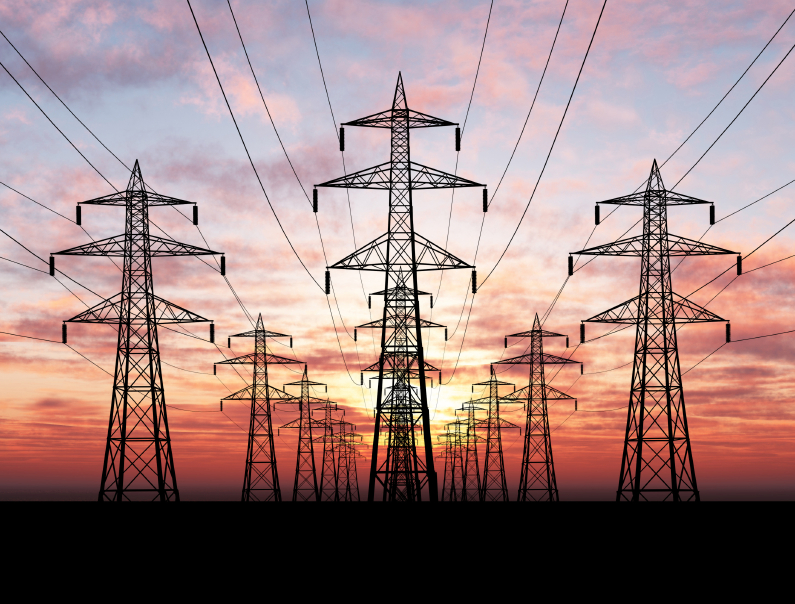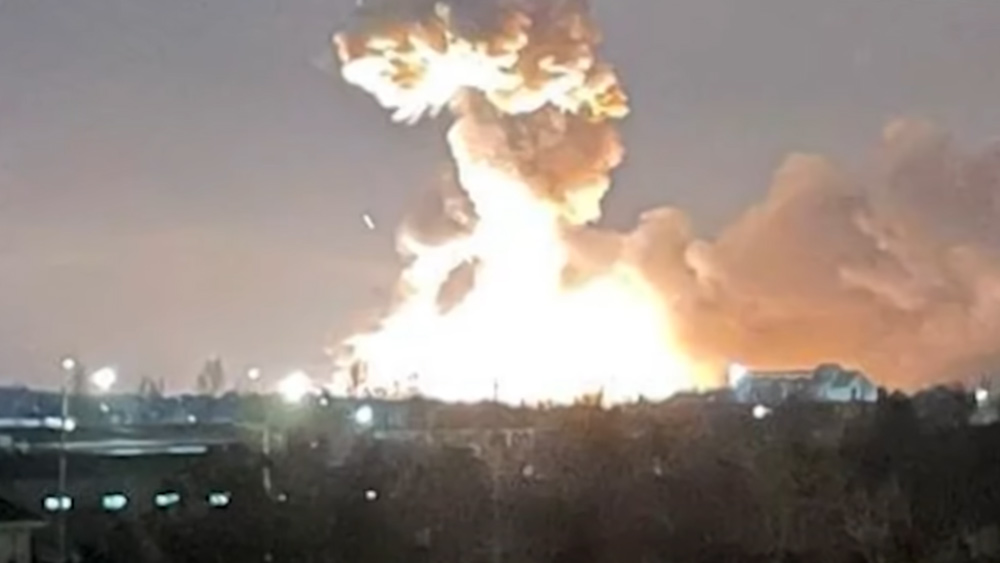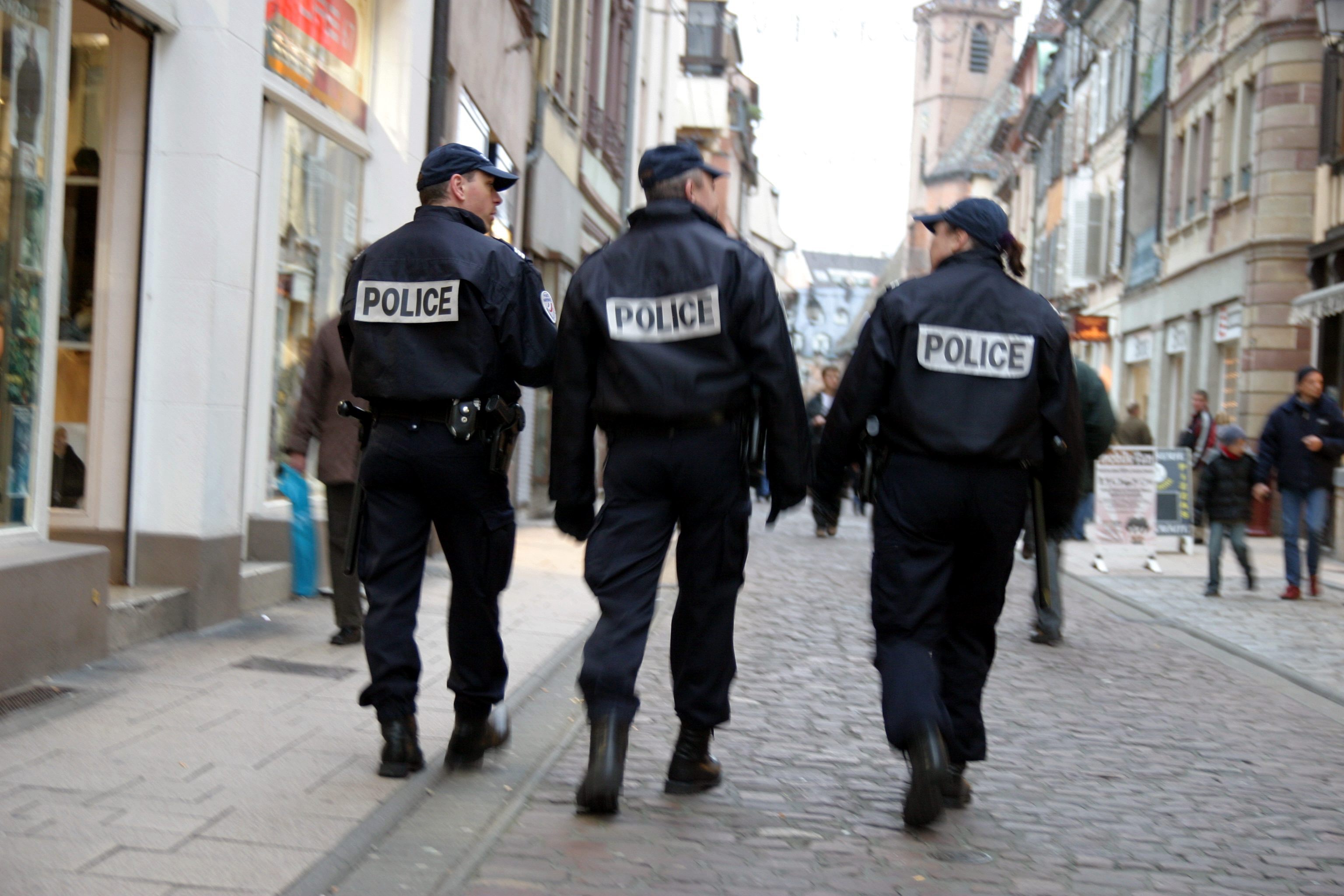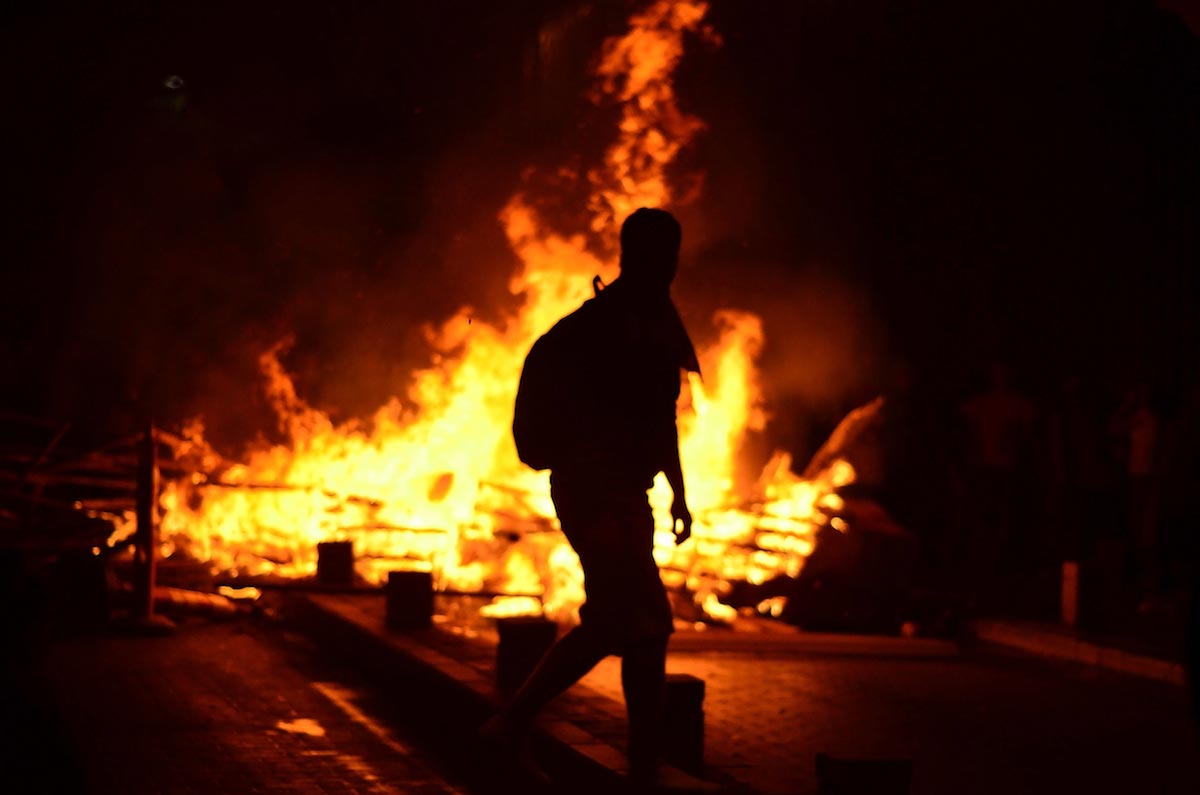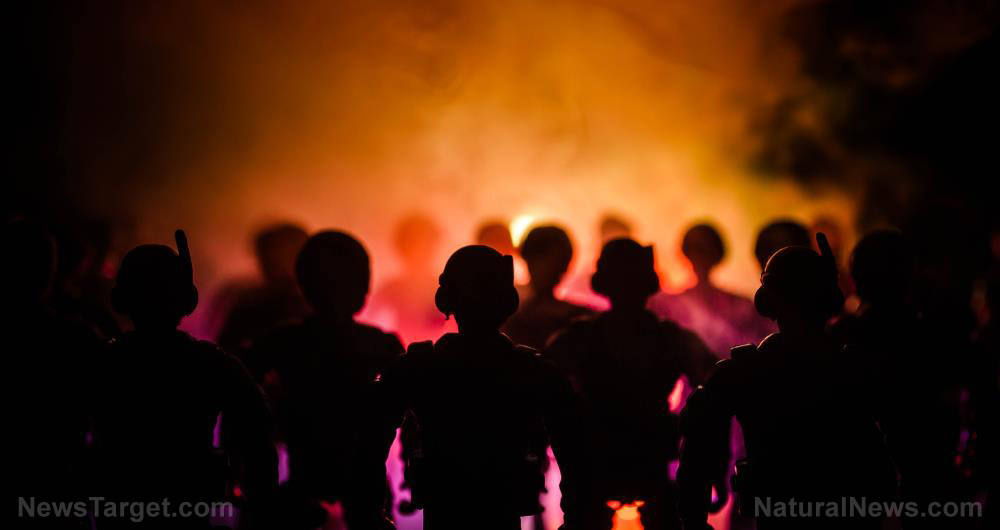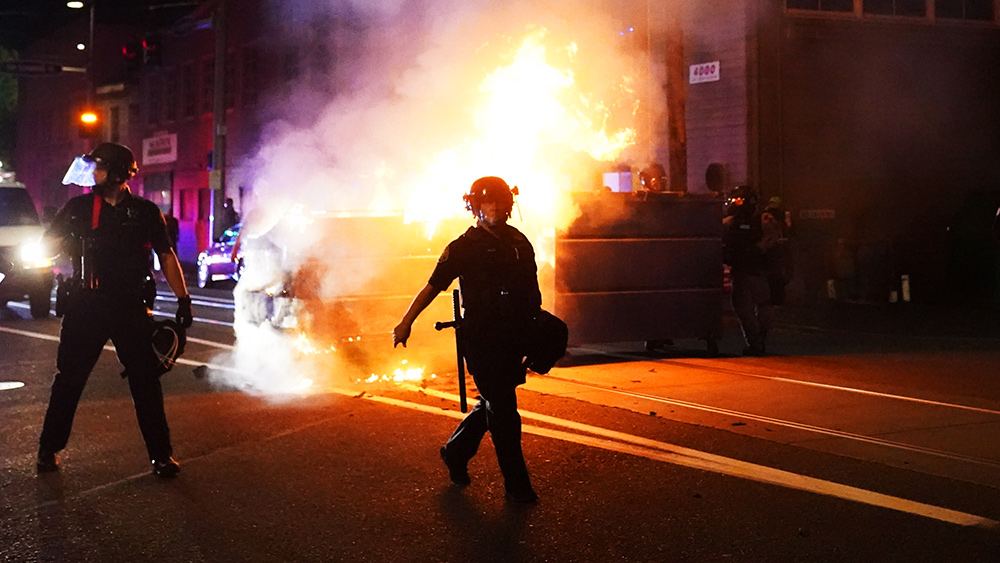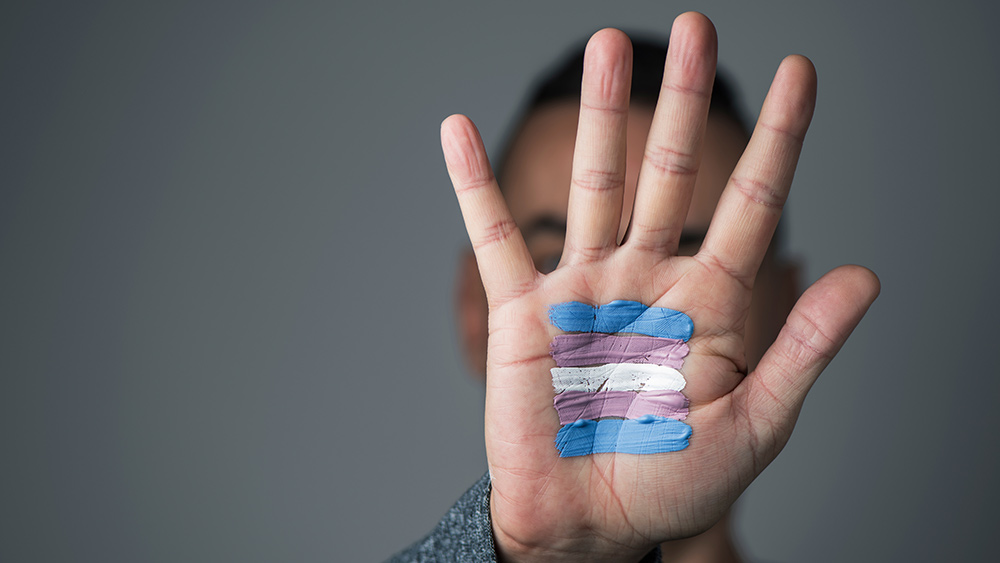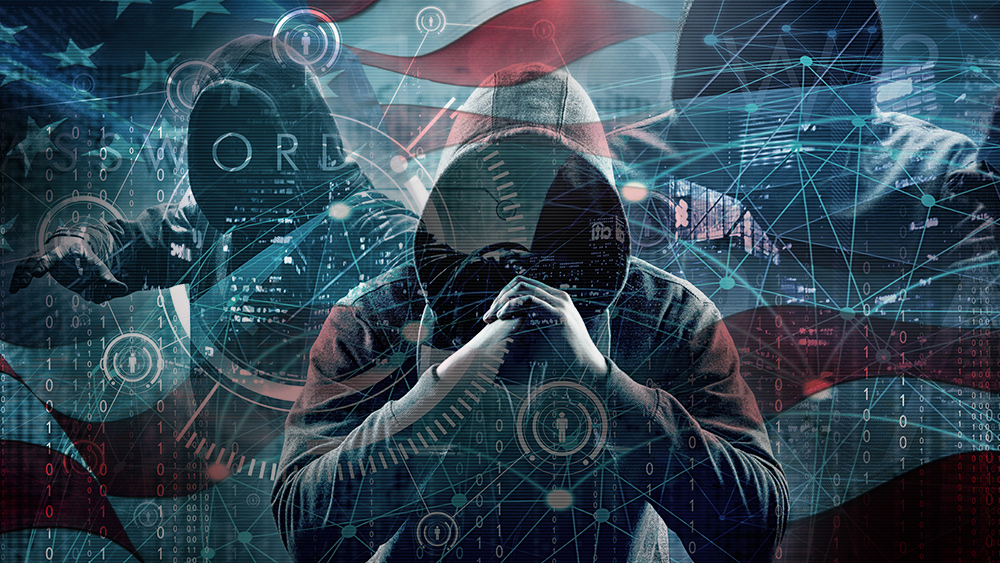Japanese police to test AI-enhanced surveillance systems to better protect VIPs after Abe assassination, Kishida bomb attack
07/24/2023 / By Arsenio Toledo
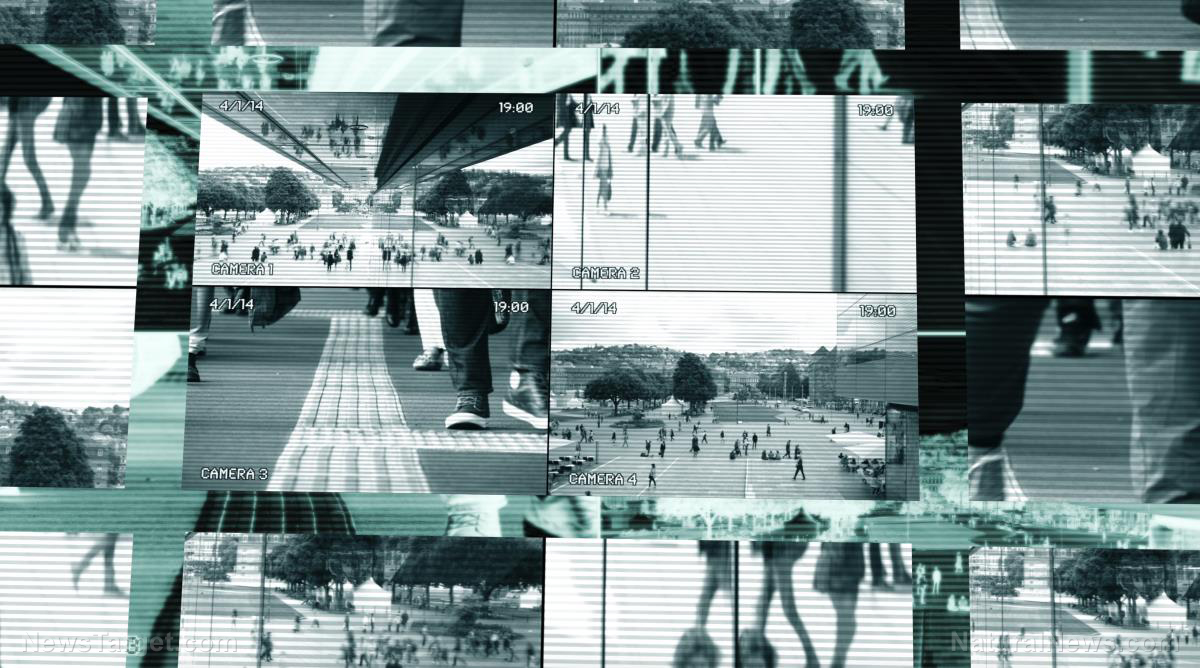
The National Police Agency of Japan (NPA) will begin testing artificial intelligence-enhanced security cameras with the goal of bolstering security measures surrounding high-profile public figures.
This comes at a time when Japanese politicians, especially prime ministers, are perceived to be at their most vulnerable. Former Prime Minister Shinzo Abe was assassinated a year ago, and current Prime Minister Fumio Kishida just three months ago was targeted by a man who threw a pipe bomb at him during a speech. Kishida could have come to serious harm if the assailant was able to throw a second pipe bomb before security forces tackled him.
The NPA claims that if its AI tech is successfully tested, it could lead to the detection of suspicious activity and supplement existing security measures. The agency plans to begin testing the AI-enhanced security cameras sometime before the end of the current fiscal year in March 2024. (Related: Public housing facilities are being equipped with surveillance systems despite little evidence that they make communities safer.)
The NPA’s decision to test out AI on its security camera systems comes at a time when the use of AI in policing is rising rapidly. The Carnegie Endowment for International Peace in 2019 found that at least 52 countries were already using AI in their law enforcement, including AI-enhanced surveillance systems in Europe, Asia and the United States.
NPA wants AI-equipped cameras to detect “unusual behaviors”
AI-equipped cameras are able to gather a large amount of information that the human eye is likely unable to process in a short period of time. The AI-equipped cameras that the NPA wants to test will have facial recognition and “behavior detection” features. Although the agency did claim that it will consider only using the technology’s ability to detect a person’s movement and behavior.
In behavior detection, AI systems learn to detect what it believes to be “unusual movements,” such as repeatedly looking around, by observing the patterns of suspicious individuals. The NPA claims this will be important for detecting supposedly suspicious behavior in crowds, which can be very difficult to do with the human eye. The agency also believes such a system could make it better able to eliminate security risks.
The NPA has promised to examine the accuracy of such detection in the testing process and carefully consider the possibility of widescale implementation of the system.
The NPA is desperate to test out the new system amid the increase in attacks by single individuals, known in Japanese media as “lone offenders.” Such lone offenders were responsible for the assassination of Abe and the attack against Kishida. Security and intelligence agencies had no prior warning for either attack.
“AI cameras … and behavior detection technology is being studied by Japanese companies,” said Isao Itabashi, an expert on counterterrorism measures and the chief analyst for the Tokyo-based think tank the Council for Public Policy. “It will also help to deploy police officers more efficiently, as they will have more means for vigilance.”
Learn more about the use of AI in surveillance systems at Surveillance.news.
Watch this news clip showing how the attacker against Japanese Prime Minister Fumio Kishida got very close to assassinating him.
This video is from the Apex Mentality channel on Brighteon.com.
More related stories:
Dallas school district installs AI spying, surveillance systems to keep an eye on students.
Sources include:
Submit a correction >>
Tagged Under:
artificial intelligence, behavior detection, big government, computing, cyber war, Fumio Kishida, future science, future tech, Glitch, inventions, Japan, National Police Agency of Japan, national security, police state, privacy watch, security cameras, Shinzo Abe, surveillance
This article may contain statements that reflect the opinion of the author
RECENT NEWS & ARTICLES
COPYRIGHT © 2017 TERRORISM NEWS


